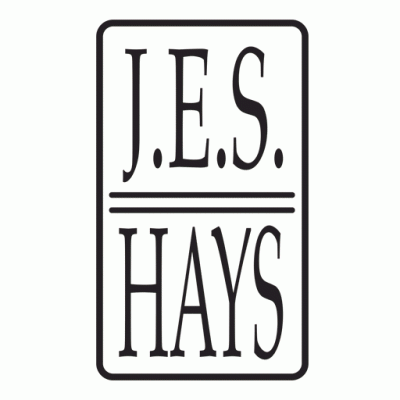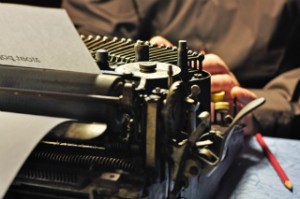Here are some more guidelines from the masters
Keith Waterhouse’s Ground Rules for Writers
- Use specific words (red and blue) not general ones (brightly coloured).
- Use concrete words (rain, fog) rather than abstract ones (bad weather).
- Use plain words (began, said, end) not college-educated ones (commenced, stated, termination).
- Use positive words (he was poor) not negative ones (he was not rich—the reader at once wants to know, how not rich was he?).
- Don’t overstate: fell is starker than plunged.
- Don’t lard the story with emotive or “dramatic” words (astonishing, staggering, sensational, shock).
- Avoid non-working words that cluster together like derelicts (but for the fact that, the question as to whether, there is no doubt that).
- Don’t use words thoughtlessly. (Waiting ambulances don’t rush victims to hospital. Waiting ambulances wait. Meteors fall, so there can be no meteoric rise.)
- Don’t use unknown quantities (very, really, truly, quite. How much is very?).
- Never qualify absolutes. A thing cannot be quite impossible, glaringly obvious or most essential, any more than it can be absolutely absolute.
- Don’t use jargon, clichés, puns, elegant or inelegant variations, or inexact synonyms (BRAVE WIFE DIED SAVING HER SON is wrong; wife is not a synonym for mother).
Words are facts. Check them (spelling and meaning) as you would any other.
Jane Yolen’s 20 Rules of Writing:
- Eschew the exclamation point!
- Go easy on the adverbs.
- Don’t let characters float on the page. Anchor them with action. No talking endlessly!
- Make this your favorite thing to do! Have fun writing and illustrating!
- BIC = Butt In Chair. HOP = Heart On Page. PNF = Passion Not Fashion.You may never be the best but you can always get better.
- If you’re allergic to writing – accept it!
- No one expects a happy ending unless it’s a fairy tale. We need a meaningful ending. It may not be easy. Hard choices are good.
- Beware of stop sign words. Fall through the words into the story.
- Not everything should be simplified. Complexity adds richness.
- Words are important. Keep writing till you find the right word choice. “The difference between the almost right word & the right word is really a large matter–it’s the difference between the lightning bug and the lightning.” – Mark Twain
- It is not the line, but where it leads. It’s the DNA of fiction. Rewrite and find it. You will know it. It will carry the book.
- Exercise the drawing/writing muscle! Don’t get flabby! One page a day and you have a 365 page book by the end of the year, or that many picture books. Exercise!
- Every artist and writer is nurtured or a nurturer. Very few are both. Do what you have to do, there is no time fairy. Partnerships are a trade off.
- What about Editors? What do you want or need? Truth. Hard questions. Love letters. You want a journey with your editor. They are your voice in the industry and your cheerleader. They are not your best friend. You NEED an editor. Editors will make you good. You need tough love. Never enter into a revision angry. You must love the process. Read the editorial letter, put it down, re-read the next day. Call a friend, share it, take a bath.
- Yags Law – Money flows toward the author not away! You should not have to pay for publication. Something is wrong if this is happening.
- Too many writers ignore the landscape to their peril. Look! We often miss small things or large immovables. Observe it (your world)! Observe it carefully. Details must be precise as if you have been there. Learn to hear.
- Read what you have written out loud. It will help you to see what you have missed.
- Dealing with the dreaded writers block. It is all in your mind. The solution is to stand up, walk, eat, do other things! Distract yourself. If that doesn’t work, start a new writing project. Don’t go read a book, you will get that authors voice in your head instead of your own.
- Not every project will be completed. Moaning about this is for sissies.
- An Amuse Bouche. A small bite to awaken the palette, awaken your writing palette!


